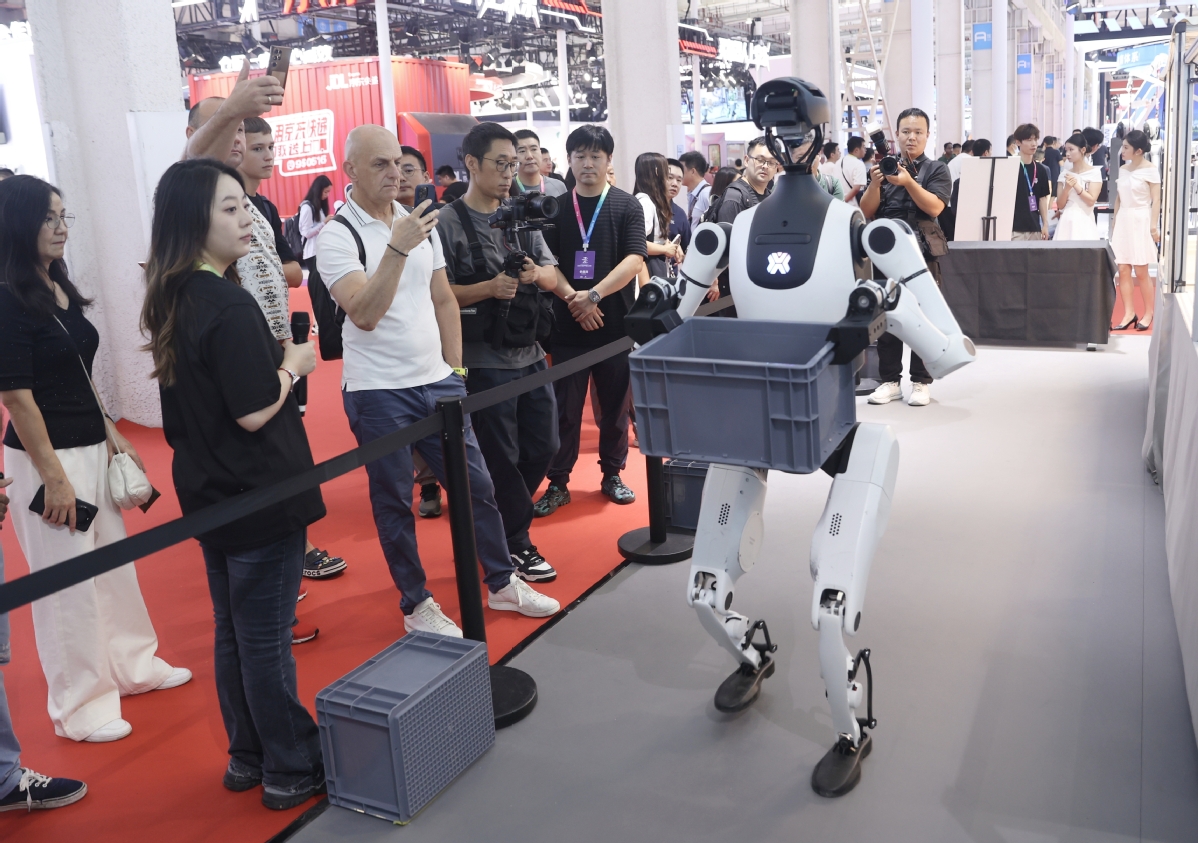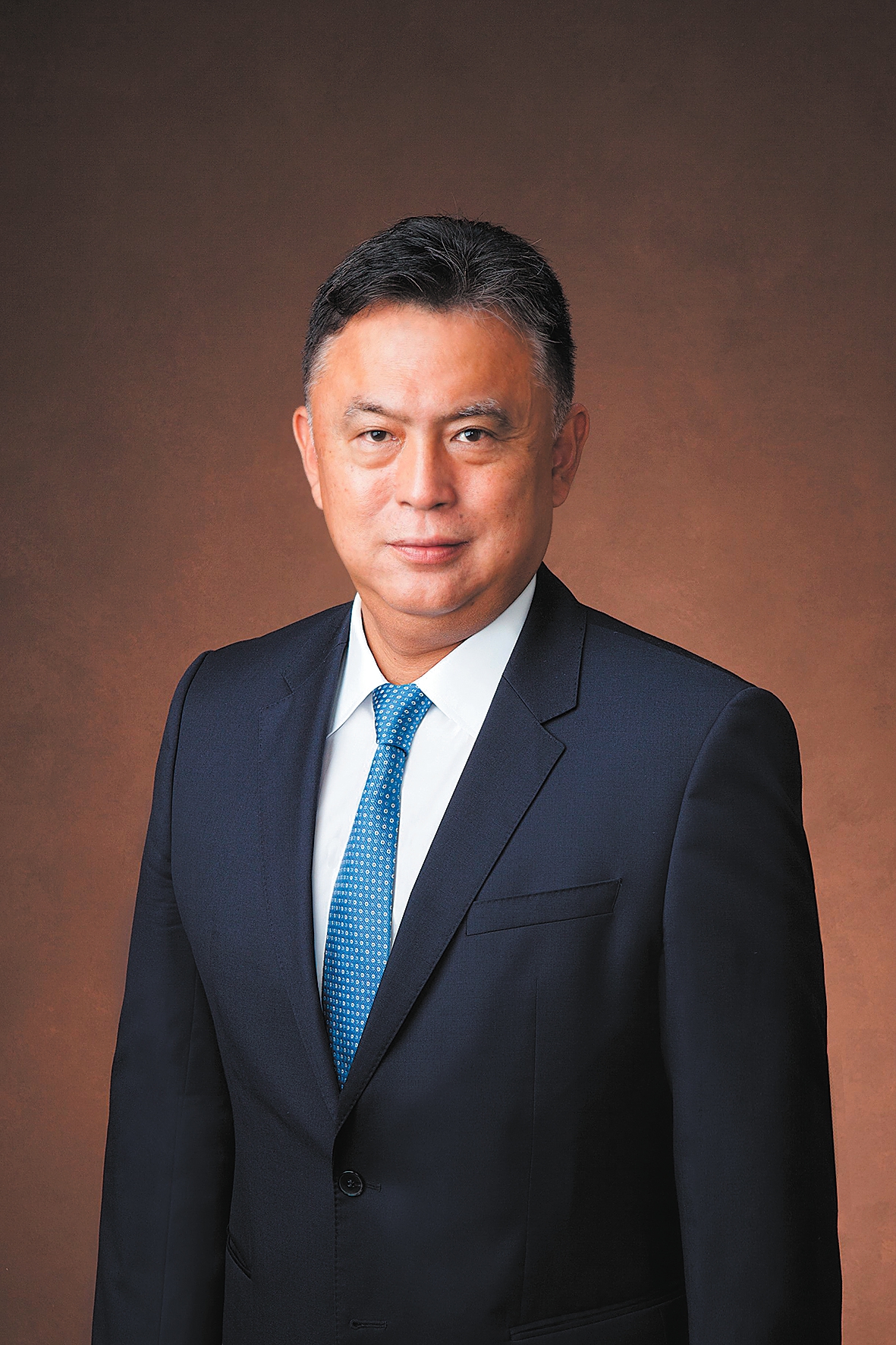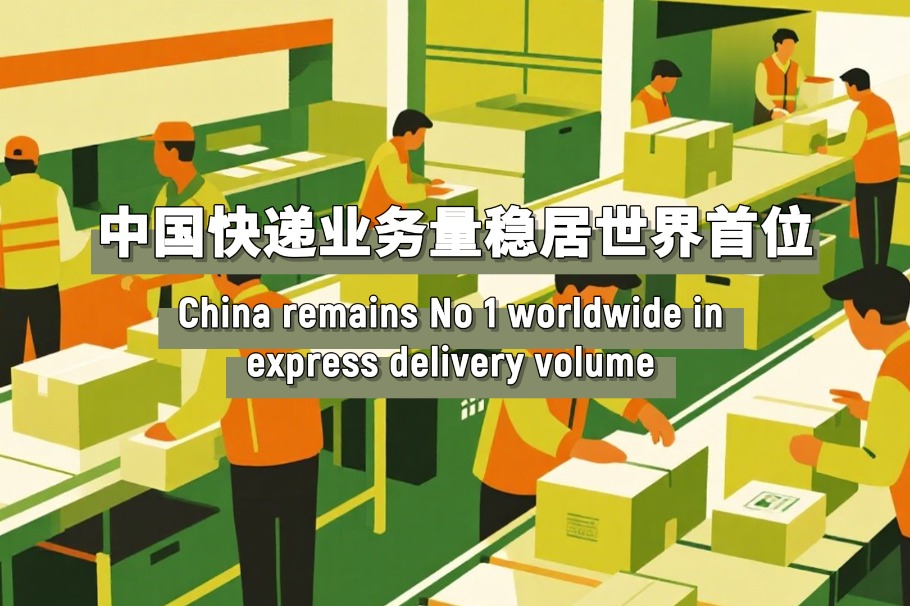True power of AI lies beyond automation


China stands at the forefront of global artificial intelligence innovation and deployment, serving as an unparalleled benchmark for enterprise transformation, according to Ryoji Sekido, co-CEO of Accenture Asia Pacific.
In an exclusive interview with China Daily, Sekido emphasized China's distinctive momentum after extensive regional observations, saying: "There is no better place to witness AI progress than right here in China and Shanghai. The ecosystem's rapid evolution is impressive."
Sekido highlighted how Chinese companies are transitioning from isolated AI experiments to comprehensive, enterprise-wide reinvention. He pointed to electric vehicle giant BYD as a paradigm-shifting case.
"This isn't about simple AI use cases. BYD harnessed AI end-to-end — from battery R&D and design automation to manufacturing and autonomous driving systems — fundamentally reinventing operations to accelerate time-to-market and capture dominant market share," Sekido said.
This approach, he stressed, represents "corporate reinvention", where AI becomes a strategic engine rather than a productivity tool.
Sekido's insights are powerfully reinforced by new data from Accenture's latest China Digital Transformation Index. The report revealed that nearly half, or 46 percent, of surveyed Chinese companies are deploying generative AI at scale, embedding this cutting-edge technology into complex, mission-critical functions like research and development, manufacturing and supply chain management.
Furthermore, a significant majority, or 53 percent, is integrating AI to seamlessly connect and orchestrate multiple business processes — a figure that notably surpasses the global average by 11 percentage points. Demonstrating robust digital infrastructure readiness, 58 percent of polled enterprises showcased agility in updating cloud and cybersecurity strategies.
However, the report also pointed to a critical challenge: only 9 percent of these companies report achieving significant improvements in productivity, revenue or profitability from their AI investments. This gap underscores Sekido's central warning that the true power of AI lies beyond mere automation.
Sekido articulated a rigorous framework essential for unlocking AI's full potential, urging companies to fundamentally rethink their operations. He emphasized that success requires moving far beyond simply streamlining existing processes. Instead, businesses must proactively reimagine core workflows, designing adaptive and autonomous systems where human intelligence and AI agents collaborate dynamically to solve problems and create value.

Concurrently, Sekido stressed the non-negotiable need for cultivating more AI talent and continuous workforce reskilling. While acknowledging that AI will inevitably disrupt traditional roles, he pointed to the immense opportunity it unlocks. "AI empowers humans to explore new potential, focusing on higher-value, strategic and creative work that was previously out of reach."
While praising China's large manufacturing enterprises as global pioneers in AI adoption, Sekido directed attention toward a vast, untapped opportunity: leveraging the expertise and platforms of these industry leaders to uplift the country's enormous small and medium-sized enterprise manufacturing base.
Li Lecheng, minister of industry and information technology, China's top industry regulator, chaired a meeting in Beijing in June, outlining a comprehensive strategy to accelerate AI technological innovation and integrated application, thereby positioning AI as a core driver for China's new industrialization.
Ma Jun, senior vice-president of Volvo Group and president of Volvo (China) Investment, said: "We see great potential in China's AI growth. With its vast market and diverse application scenarios, China provides a unique space for AI innovation. I look forward to seeing more creative AI solutions in the transportation and infrastructure sectors, to help reduce logistics costs further and support sustainable development in China and globally."




































